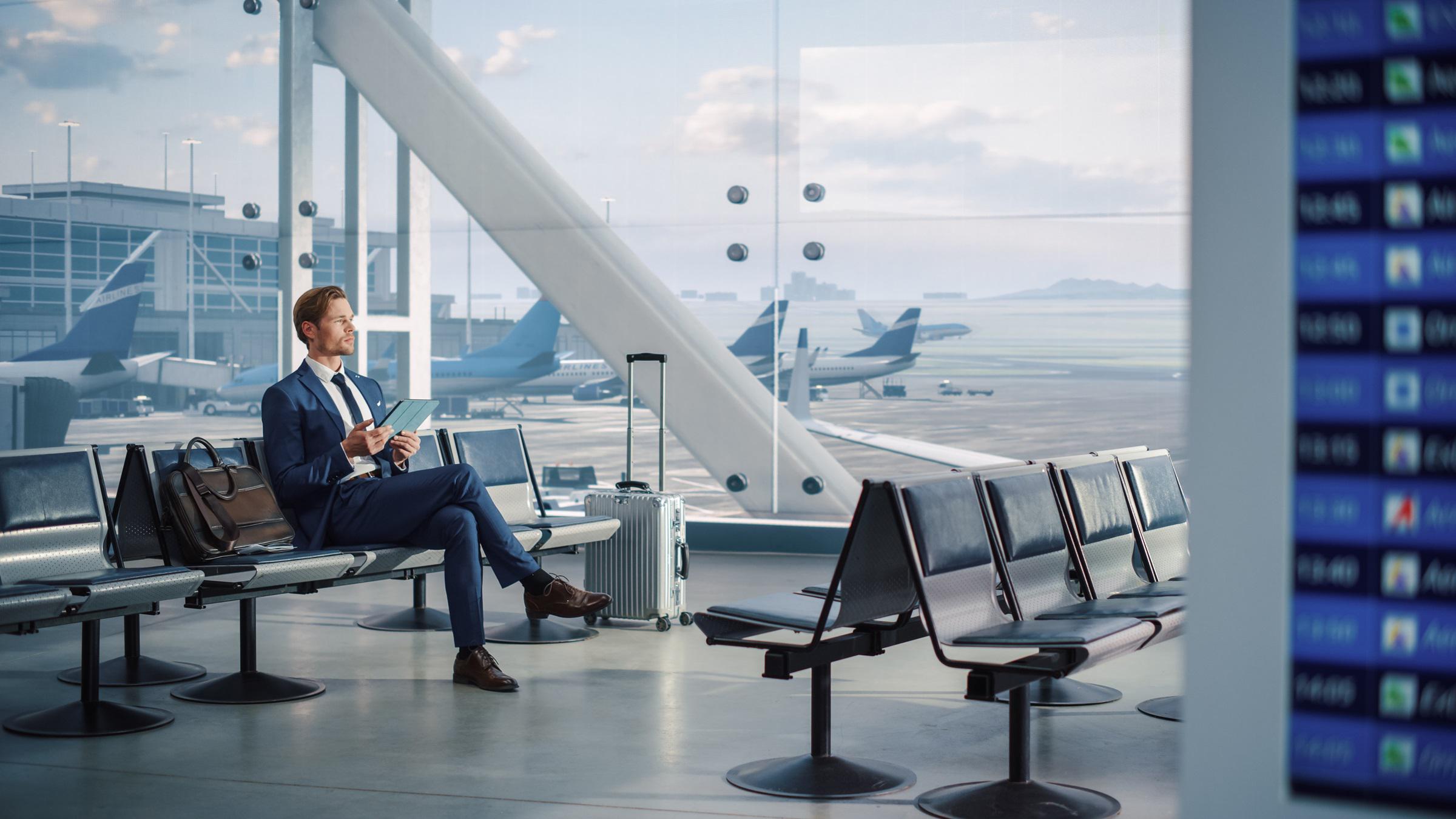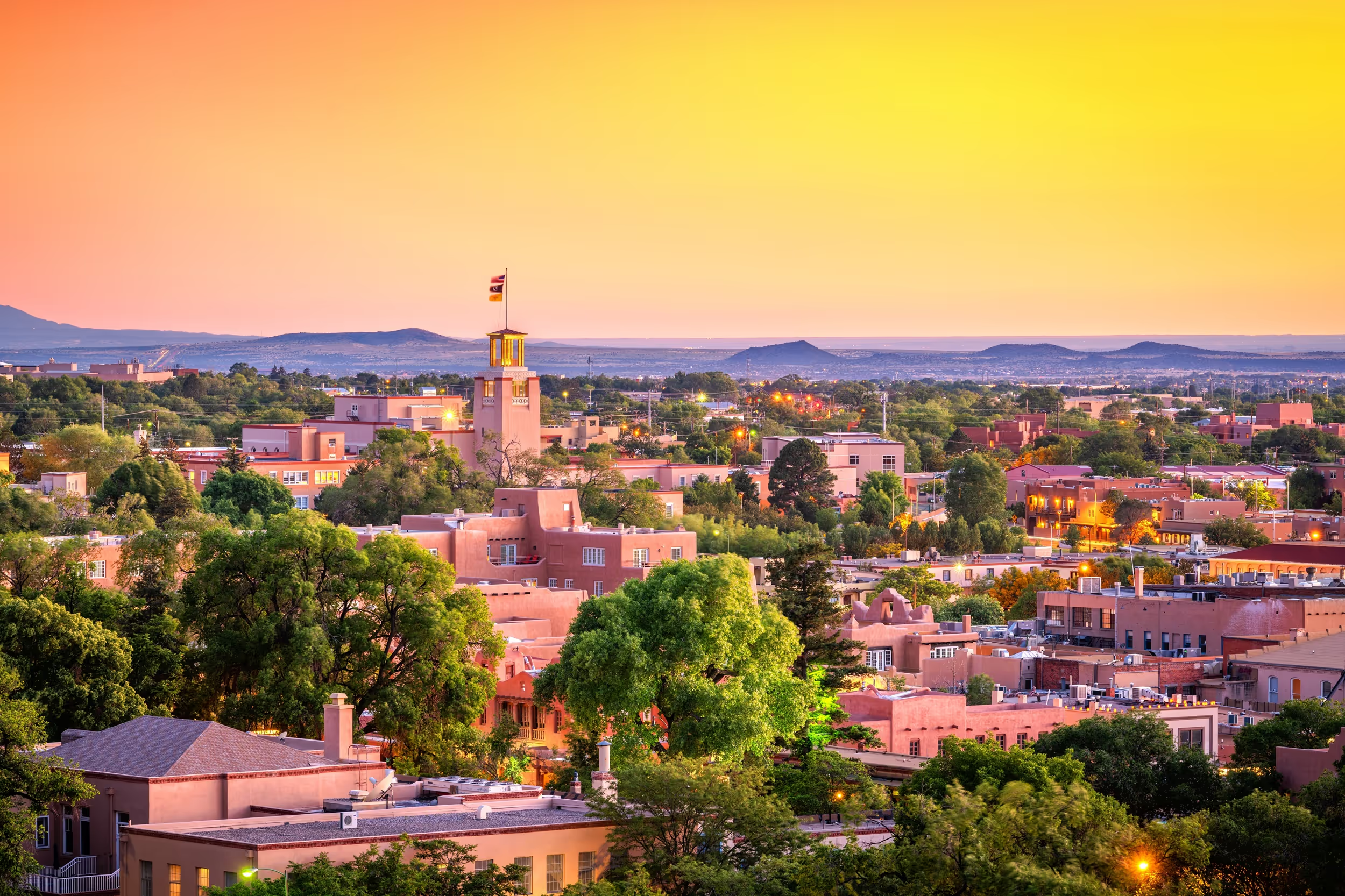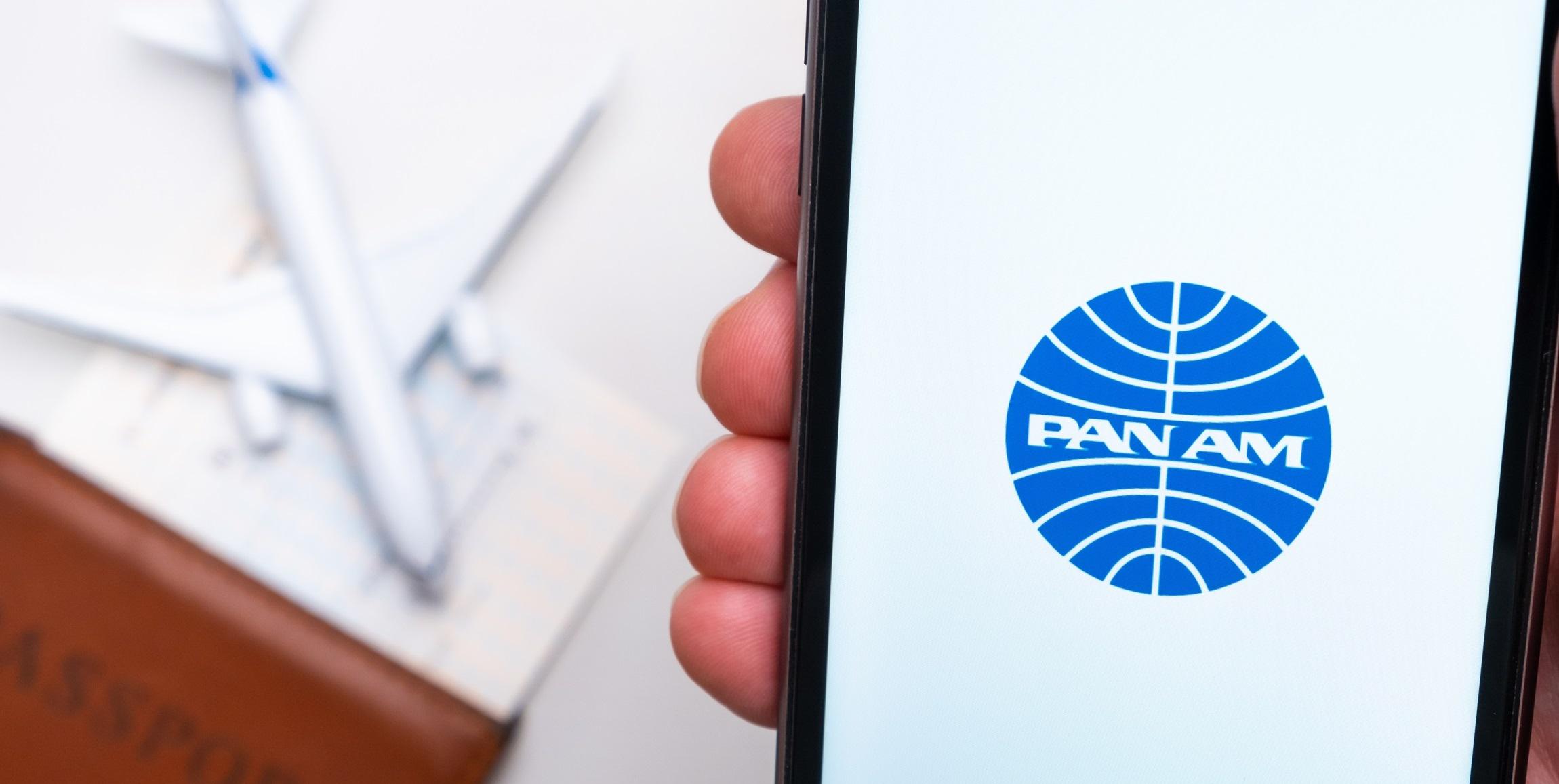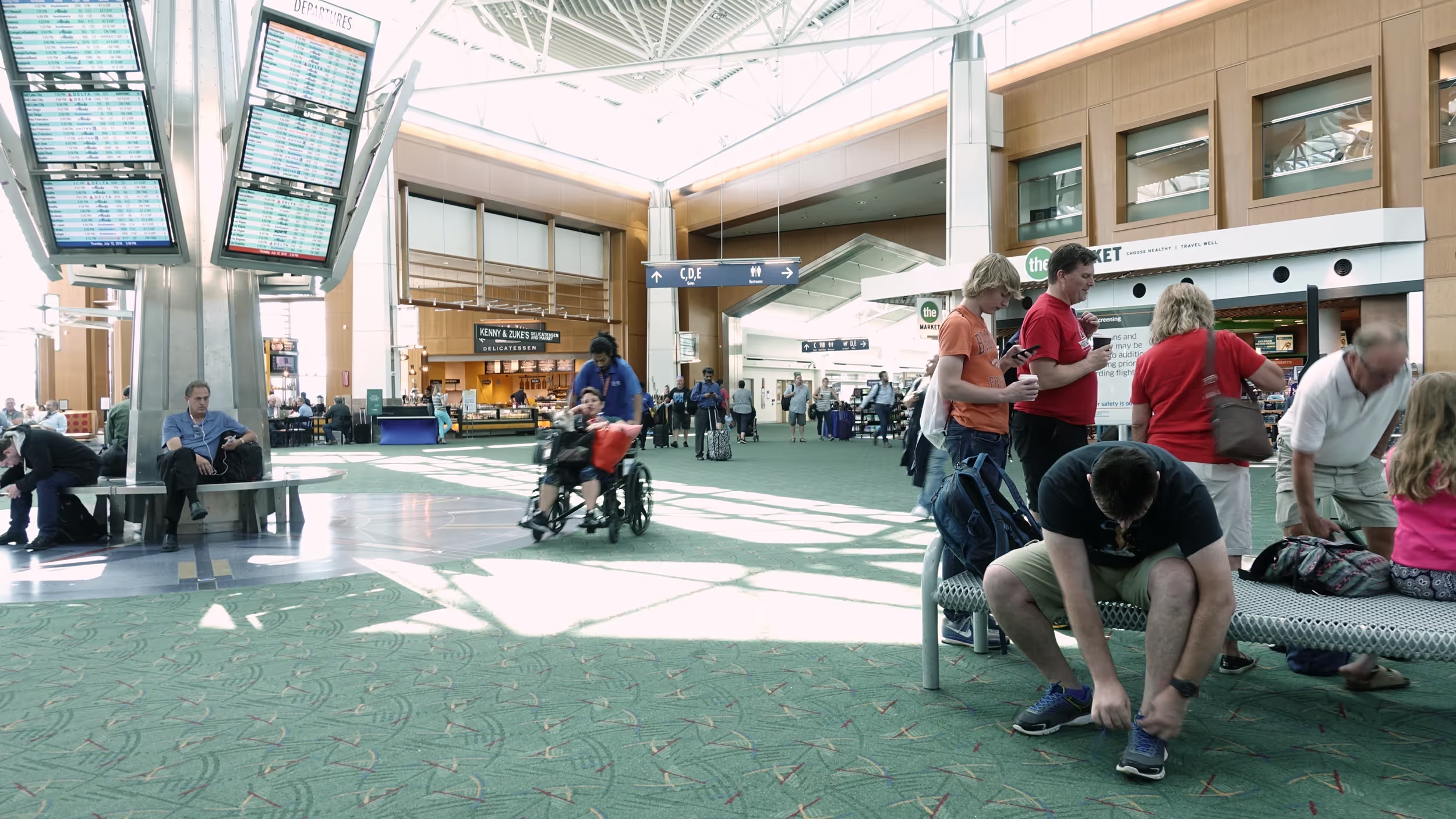What’s MICE tourism? Benefits for businesses & professionals

Unlike the rodent, MICE tourism is a welcome addition to hotel facilities. The acronym MICE stands for Meetings, Incentives, Conferences, and Exhibitions and represents a significant portion of the business travel industry.
Catering to MICE travelers is highly lucrative. It cuts vacancy rates and increases revenue from in-house services like restaurants and event planning. These gatherings also boost a facility’s profile within the business market and can translate to increased bookings from other guests by word of mouth.
Here’s what you need to know to attract MICE travel to your big cheese.
What’s MICE tourism?
The MICE industry primarily encompasses networking events within the business travel industry. As the host of a MICE event, a venue aims to provide space and services to allow professionals to network, promote new ideas or products, and kickstart corporate growth. Some larger gatherings may include leisure events and entertainment to create a more memorable experience.
The four pillars of MICE tourism
Within the hospitality industry, MICE tourism comprises four main event types. These were once exclusively in-person gatherings, but recent trends have boosted the popularity of hybrid and virtual events.
1. Meetings
Single-day events, such as Annual General Meetings (AGMs), quarterly reviews, or executive sessions, are often held in hotel conference rooms near company offices. Holding meetings off-site allows participants to focus on discussion topics without day-to-day distractions or interruptions. Meetings typically involve some basic catering.
2. Incentives
These rewards are offered to individuals, teams, or partners in return for exemplary performances or as a morale boost. They often come as a single-use travel voucher that includes a hotel stay. Incentives encourage closer relationships among coworkers, boost staff engagement, and increase loyalty.
Some incentive organizers book out-of-town weekends to all-inclusive resorts, while others conduct multi-day team-building events with accommodations at a local hotel.
3. Conferences
Conferences (or conventions) are typically large-scale events that gather industry professionals for a day or weekend to share ideas, exchange expertise, and network. At the individual level, conferences stimulate professional evolution by providing opportunities to exchange insights and learn from industry experts.
Held in hotel conference rooms, attendees frequent workshops, breakout sessions, and keynote speeches.
As well as offering accommodations, conference venues host many different activities as part of the convention, such as:
- Discussion panels
- Presentations
- Speeches
- Workshops
- Award/Group dinners
Hotels are generally expected to provide hospitality and catering to attendees throughout the event at an additional cost.
4. Exhibitions
Trade shows or exhibitions attract visitors worldwide and can last up to a week. Exhibitors promote their products or services, locate sale opportunities, and network with existing and potential partners. Individual attendees may attend for several reasons, like seeking new clients or solutions to professional problems.
Welcoming an exhibition is rewarding for hotels, as it raises their profile within an industry and demonstrates their value as potential hosts and event organizers. If a hotel employs event planners, they can also work with business liaisons to make the event the best it can be.
If you’re curious about hosting an exhibition or other event, Engine’s Partner Hub can help hotel venues cope with increased demand for accommodations by assisting guests in locating and booking blocks of rooms to house attendees.
Benefits of MICE tourism
No matter which type of MICE tourism a hotel hosts, a successful event has many benefits.
Hotels
- Brand awareness: A conference or exhibition is a valuable opportunity for a venue to promote themselves to a captive audience, improving brand awareness and amplifying their reputation within the attendees’ industry.
- Relationship management: Hosting trade shows and conventions enables venues to showcase their event management capabilities to existing clients among attendees, strengthening and broadening their relationships. MICE events also allow event planners to connect with potential clients to discuss hosting smaller events like stakeholder meetings and AGMs.
- Revenue: Hosting MICE events during the off-season boosts revenue until tourism activity trends upward again.
Individuals
- Professional development: Attending a MICE event allows audience members to learn new skills or solve problems through workshops, presentations, and discussion panels.
- Career advancement: Surrounding oneself with industry luminaries is a valuable chance to network and meet motivated peers.
- Enrichment: MICE tourism immerses attendees in the host’s brand experience and offerings the chance to experience diverse industry perspectives.
Challenges of the MICE tourism industry
While it can be lucrative, MICE tourism has challenges that hotels and venues must address to succeed.
High cost
MICE event management is expensive, requiring the venue to absorb initial costs for catering, transportation, accommodation, and more. These up-front expenses can be difficult for smaller hotels with limited budgets to manage.
Competition
Competition within the business travel industry is fierce, with many facilities vying for market share. Winning over an audience requires a hotel to produce impactful marketing and branding strategies that stand out.
Sustainability
Gathering a large crowd of attendees can impact a venue’s environmental sustainability, prompting event organizers to adopt eco-friendly practices that minimize waste, resource consumption, and carbon emissions. While this is a boon to the environment, it can be a lot of work.
Risk management
With larger events come greater risks, and MICE events are no exception. Economic downturns, security concerns, and volatile weather can impact attendance. Venues should prepare by conducting risk assessments and imposing mitigation plans.
5 best practices to boost MICE events
MICE events require precise event management to meet expectations and generate positive word-of-mouth among attendees. Here’s how venues can ensure their guests experience a productive convention or exhibition.
1. Establish clear objectives
Establish event planning goals using the SMART (Specific, Measurable, Achievable, Relevant, and Time-bound) framework. Discuss venue objectives with event stakeholders and sponsors to ensure your plans align with their interests, budget, and attendees' needs.
2. Align capacity with expectations
Discuss venue accessibility and infrastructure so that the facility can meet participants' and exhibitors' mobility, technology, and accommodation requirements. Discuss how staff can align venue services with the event’s overall vibe and provide a comprehensive guest experience.
3. Conduct detailed planning
Establish a comprehensive timeline and project plan that considers all logistical aspects of the event, such as:
- Transportation to and from the venue
- Accommodations
- Catering and special diets
- Technological support
Maintain open communication channels with stakeholders to make sure event planning is on track, and readjust your plan if things change.
4. Follow industry trends
Venues should research the competition to determine which amenities and event elements are popular with attendees. Hotels can incorporate these trends into their event management process to increase the chances of their audience’s return.
5. Gather and act on feedback
Provide attendees with feedback channels in order to gather comments and review the MICE event. Whether participating in meetings, conferences, or trade shows, their input will guide improvement efforts.
Discover how Partner Hub can boost your MICE strategy
Whether you’re hosting a small executive meeting or a construction conference that attracts hundreds of attendees worldwide, Engine’s Partner Hub has your back. Our platform is perfect for MICE tourism, allowing companies to forgo expensive destination management companies and organize flights, car rentals, and accommodations themselves while still getting the best deals.
We also provide valuable insights for travel coordinators, helping them make data-driven decisions and maximize the company travel budget.
Join Partner Hub for free today, and get $100 in ad credit when you run your first marketing campaign.





















.jpg)







.jpg)
.jpg)
.avif)






